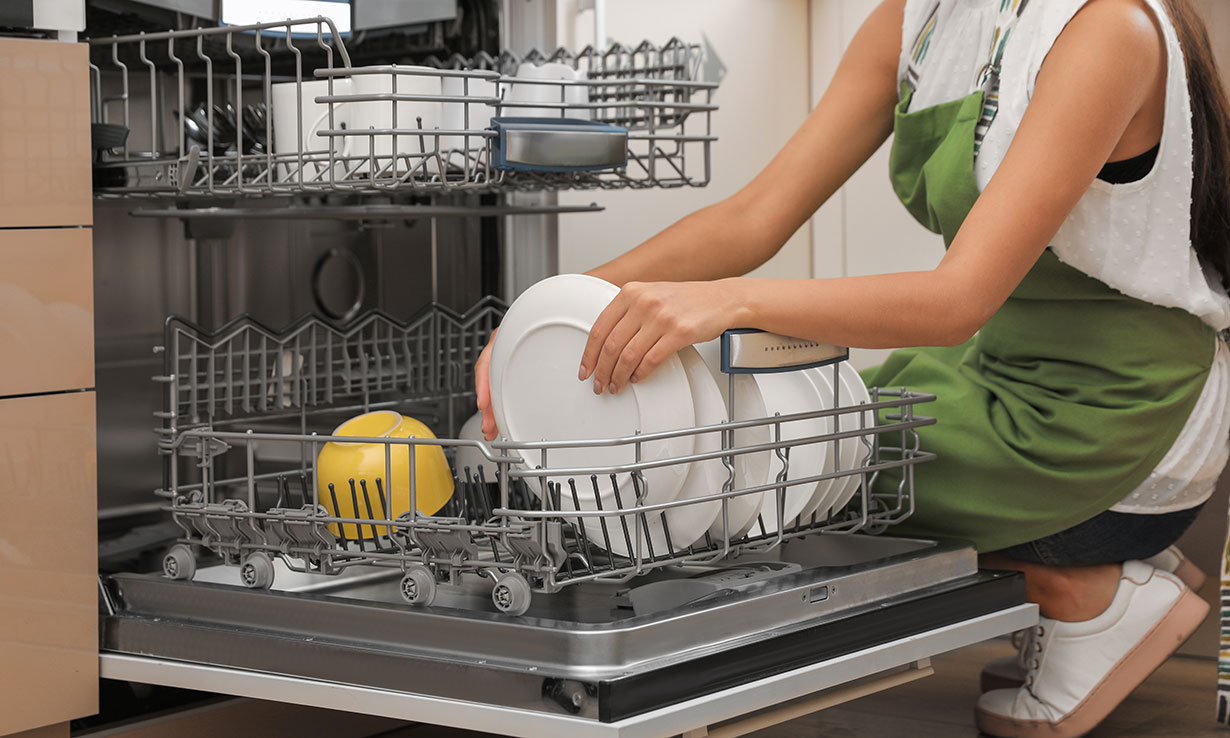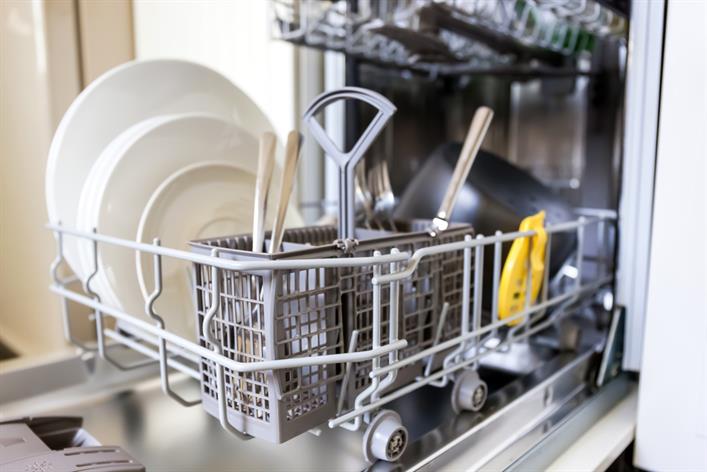Were you looking for suggestions about How to Troubleshoot & Repair a Dishwasher?

Having your dish washer breakdown or malfunction can be a big deal and also cause some discomfort in the house. Dish washers are machines that we use to clean recipes and also cutleries immediately to conserve us the stress and anxiety of manually doing it.
Like every other device that alleviates human initiative, dishwashers can break down and establish some mistake at some time in time. There are numerous mistakes your dishwasher could establish, as well as while several of them can be solved by replacing some parts or fixing them, various other a lot more extreme defects will need that you get a brand-new dish washer.
This write-up will certainly identify a few common faults your dishwashing machine might establish to prevent its total efficiency and also how these faults can be solved.
Common Faults
Common dishwashing machine faults might range from minor to major ones. Depending upon the extent, you will either need the services of professional plumbing technicians to repair or replace it.
A few of the most common faults include:
Dripping Dish washer
This is most likely the most everyday dishwasher trouble, and also fortunately is that it is simple to identify. Leakages take place because of a number of reasons, and also the leakages can bungle your kitchen. Usual sources of dishwashing machine leaks include;
If your recipes and flatwares appear of the dishwasher as well as still look unclean or unclean, your spray arms might be a trouble. Oftentimes, the spray arms can obtain clogged, as well as it will certainly require a quick tidy or a substitute to work successfully once more.
Inability to Drain
Often you might discover a big amount of water left in your bathtub after a clean. That is probably a drain issue. You can either examine the drain hose pipe for problems or clogs. When doubtful, contact an expert to have it examined and also taken care of.
This is another typical dishwashing machine trouble, and also it is mainly triggered by food debris or oil sticking around in the equipment. In this instance, look for these particles, take them out and do the dishes without any recipes inside the machine. Wash the filter completely. That will certainly aid get rid of the poor odor. Make certain that you remove every food particle from your meals prior to moving it to the equipment in the future.
Conclusion
Some of these typical dishwashing machine mistakes can be dealt with easily at home, however sometimes, the mistakes could be massive and also may need the focus of professionals. If you live in Rochester, Syracuse, as well as various other parts of America, let the experts effectively diagnose what could be wrong with your dishwashing machine as well as extend a remedy.
We also install dishwashers if you just got a brand-new one or plan to replace your own. With our many years of experience in the market, we make sure to provide you the most effective feasible solutions.
8 Most Common Dishwasher Problems & How to Fix Them
My Dishwasher Isn't Draining
If your dishwasher isn't draining properly, you may be having an issue with your dishwasher's drainage system. This can be caused by a variety of issues:
Clogged drain: The dishwasher's drain may be clogged with food particles or other debris. Malfunctioning pump: The dishwasher's pump is responsible for moving water through the system and out of the drain. If it's damaged or not working correctly, it could cause a drainage failure. Broken or clogged hose: The dishwasher's drain hose may be broken or clogged, causing water to back up in the system. How to Fix Dishwasher Not Draining
Check the drain for any blockages. A clogged or kinked hose will prevent water from properly draining out of the dishwasher. Use a plunger or a pipe snake to clear any debris that may be blocking the drain. Check the dishwasher's pump for damage or malfunction. Consult the manufacturer's manual or call a professional appliance repair service if you think the pump may be the issue. Check the drain hose for any damage or blockages. The hose should be straight and free of any debris or kinks. Check the drain pump filters for any blockages if the hose is clear, but the dishwasher is still not draining. Some dishwashers have filters that can become clogged with food particles or debris. Cleaning or replacing the filters may help resolve the issue. Run a dishwasher cycle to make sure the water is properly draining out. My Dishwasher Is Leaking
A leaking dishwasher can be frustrating. There are a few possible causes that you can investigate to try and diagnose the issue:
Inspect the dishwasher for any visible signs of damage or wear and tear. Look for cracks or holes in the door and around the rubber seal. Check the hoses and pipes connected to the dishwasher for any signs of leaking. If there is no visible damage, you may hear the sound of water dripping or the sound of the water pump running. This might mean a problem with the water inlet valve or the drain pump. You may also notice a puddle of water on the floor near the dishwasher. This could indicate a blocked drain hose or a faulty drain pump. Finally, check the seals around the door and the door for any signs of damage, wear and tear, or improper installation. If any of these issues are present, they must be fixed immediately to avoid further water damage. How to Fix a Leaky Dishwasher
Identify where the leak is coming from. The most common places for a dishwasher to leak include the door, hoses, and pump. If the leak is coming from the door, the gasket or seal may need to be replaced. If the leak is from the hose or pump, the damaged parts should be replaced with new ones. Finally, check all the connections and make sure they are secure and not leaking How to Fix a Dishwasher That Won't Start
The perfect remedy for a dishwasher that won't start is confirming all the components are in perfect working order and that the wiring is in good condition. Next, inspect the motor and replace it if necessary.
If these steps do not resolve the problem, contact a professional appliance repair technician to diagnose and fix the issue.
Conclusion
Most dishwashers are reliable appliances with a long lifespan. As with all devices, checking your dishwasher regularly will help you quickly identify any issues and ensure that it is running efficiently.
And if you're in the market for a new dishwasher, don't let dishwasher problems ruin your day. Upgrade to a reliable, efficient model today! Check out our full selection of top-quality dishwashers that includes a range of styles and features to suit any budget and household needs.
https://www.coastappliances.ca/blogs/learn/common-dishwasher-problems

We were introduced to that editorial on Common Dishwasher Problems from a good friend on our other blog. Sharing is nice. Helping people is fun. Thanks so much for going through it.
Visit Site